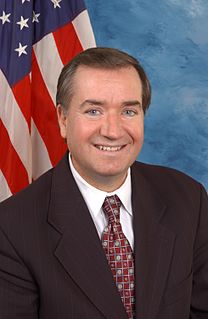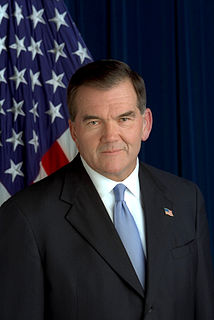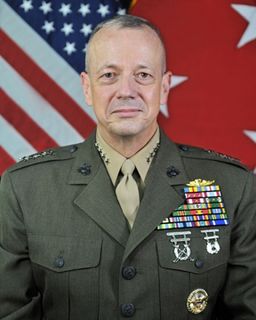A Quote by Graham T. Allison
The fact that there are now many entities that may have some loose affiliation with a former core Al Qaeda - or who have decided to fashion themselves as an affiliate or follower in the Al Qaeda jihadist tradition - as well as groups that are just inspired by the concept that they could also be the perpetrators of mass killing, means that there is a spectrum of threats.
Related Quotes
Some Pakistanis fought for the Taliban. Pakistani extremist groups provided infrastructural support to Al Qaeda. There was a coming and going of Al Qaeda militants and leaders between Afghanistan and Pakistan for several years. All that has really happened is that Al Qaeda has escaped from Afghanistan come into Pakistan, got in touch with their contacts and friends in these extremist groups, which then provided them with safe houses, cars, and not just in the border areas but also in the cities. Rooting out Al Qaeda in Pakistan now is where the main battle is being fought.
Certainly there’s a connection between Iraq and Al Qaeda. It doesn’t surprise me at all that they would be talking to Al Qaeda, that there would be some Al Qaeda there or that Saddam Hussein might even be, you know, discussing gee, I wonder since I don’t have any scuds and since the Americans are coming at me, I wonder if I could take advantage of Al Qaeda? How would I do it? Is it worth the risk? What could they do for me?
Remember back then we thought about al Qaeda in Afghanistan and Pakistan and a few other places? well, we've seen al Qaeda metastasize. It is now a global scourge. And you have the ascendancy of ISIL. The combination of those two groups -- their appeal to the lone wolfs and we see them acting in Belgium and in France and in Canada and the United States so the threat factors and the nature of the threats are far more complicated and far more serious today than on September 12, 2001.
More likely, there were probably some real divisions within the Iranian government - some groups wanted to ally with al Qaeda against us, others didn't want to have anything to do with that. So I think that debate resulted in no decision being made for awhile. The problem was they left the al-Qaeda folks in Iran in the hands of their intelligence services and Revolutionary Guard, who didn't really keep an eye on them - and may not have kept an eye on them on purpose.
In terms of Iraq, al Qaeda valued Iraq because we destroyed a government it wanted destroyed and because we put soldiers on the ground and forces that they could attack. Al Qaeda is basically an insurgent organization that was formed on the model of the Afghan groups. And being bred in that war, they value a contiguous safe haven as much as anything else.
































